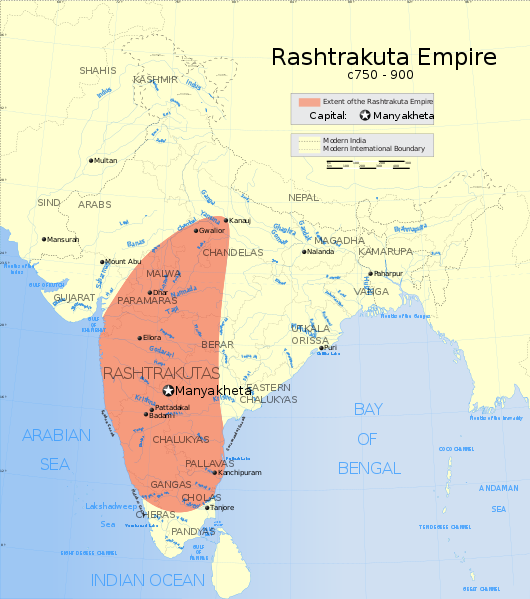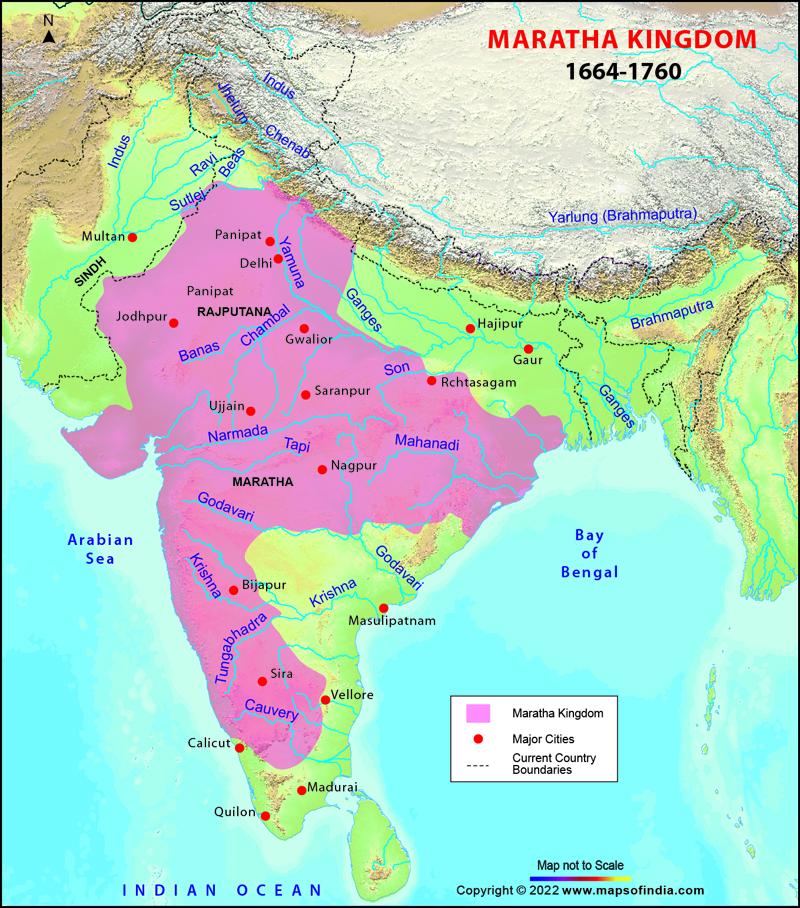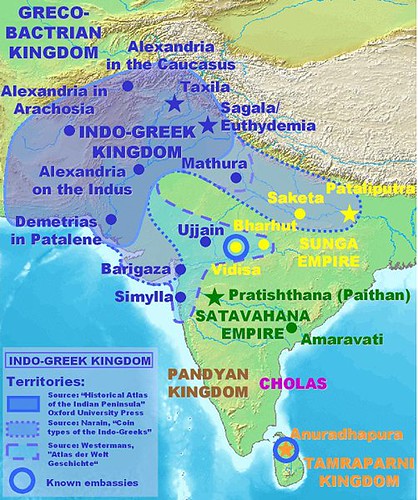Looking at the history of Diodotos I and Diodotos II, it simply makes no sense for them to have been even under nominal Mauryan control, from the sources. Justin clearly states that the Baktrians broke off from the 'Macedonians'. If you're talking about Pal's lunacy, that Diodotos was Ashoka.
No - I knew nothing about that alternative theory (I also greatly doubt - trying to pose a Greek as Asoka the Great ? That would go over well here

). I didn't find it hard to believe that the Mauryan Empire, which included the Greek cities in the Indus, would not also have temporary hegemony over the isolated Greek colonies in neighbouring Afghanistan and other parts of central Asia, especially if they later broke off from the Macedonians and Seleukids. It is alluded to in Wiki, sort of;
"Though no accounts of the conflict remain, it is clear that Seleucus fared poorly against the Indian Emperor as he failed in conquering any territory, and in fact, was forced to surrender much that was already his. Regardless, Seleucus and Chandragupta ultimately reached a settlement and through a treaty sealed in 305 BCE, Seleucus, according to Strabo, ceded a number of territories to Chandragupta, including southern Afghanistan and parts of Persia."
I thought it may actually explain a few gaps. If you say it creates irreconcilable differences with what you know, then I believe you. This might settle it, it shows the extend of Asoka's edicts:
Clearly Bactra isn't included

EDIT: Its actually in Tajikstan or Turkmenistan. It was Chandragupta who may have temporarily penetrated that far north-west, that I wondered about.

He was the greater conqueror, and a good candidate for the list of greatest military leaders.
And the more I read about Asoka's empire I have to say I am quite impressed, it really was a golden age, and included respect for the environment (Chandragupta was a Jain). It was won by the sword before Asoka became a Budhist, but he also maintained a very powerful army for 40 years. It was like the Roman Peace, but also with a philosophical and cultural ethic that was rare for this, or any time. A degree of unity and tolerance that he did not have to deal with major ethnic revolts in his reign.



 ). I didn't find it hard to believe that the Mauryan Empire, which included the Greek cities in the Indus, would not also have temporary hegemony over the isolated Greek colonies in neighbouring Afghanistan and other parts of central Asia, especially if they later broke off from the Macedonians and Seleukids. It is alluded to in Wiki, sort of;
). I didn't find it hard to believe that the Mauryan Empire, which included the Greek cities in the Indus, would not also have temporary hegemony over the isolated Greek colonies in neighbouring Afghanistan and other parts of central Asia, especially if they later broke off from the Macedonians and Seleukids. It is alluded to in Wiki, sort of;
 EDIT: Its actually in Tajikstan or Turkmenistan. It was Chandragupta who may have temporarily penetrated that far north-west, that I wondered about.
EDIT: Its actually in Tajikstan or Turkmenistan. It was Chandragupta who may have temporarily penetrated that far north-west, that I wondered about.  He was the greater conqueror, and a good candidate for the list of greatest military leaders.
He was the greater conqueror, and a good candidate for the list of greatest military leaders. 



.gif/200px-Pala_Empire_(Dharmapala).gif)





 . If anything it shows how few Indians there are on this forum
. If anything it shows how few Indians there are on this forum 